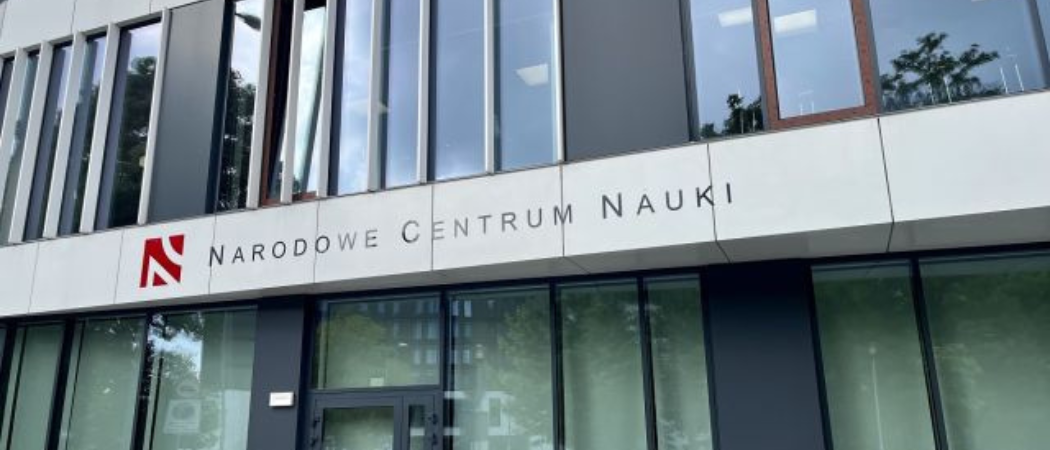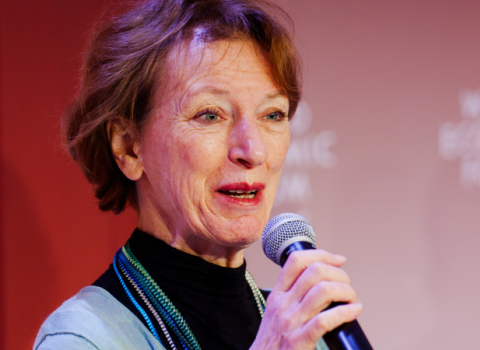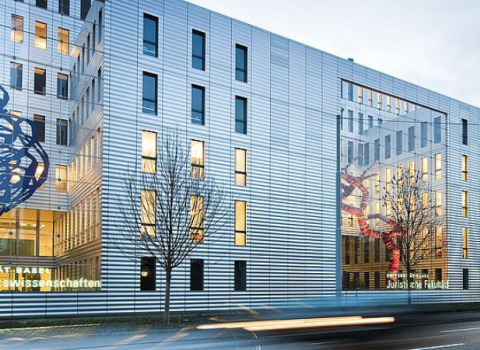Two open letters have been sent to Poland’s president and prime minister in an attempt to prevent the National Science Centre - the main basic research funding agency - from closure

The National Science Centre is Poland's main funding agency for basic research. Photo: Narodowe Centrum Nauki / Facebook
Leading Polish scientists have hit out at government plans to scrap the country’s basic research funding agency, the National Science Centre (NCN), with 48 winners of European Research Council (ERC) grants signing an open letter to the president and prime minister demanding it is retained.
“NCN has for years supported thousands of talented and ambitious scientists at various stages of their careers,” they say. “Without this support, the work of these scientists in Poland may become impossible to the great detriment of science in the country.”
A second letter, signed by 49 winners of the Foundation for Polish Science Award – one of the most prestigious scientific awards in the country – also called for NCN to be protected.
The protest was sparked after Poland’s minister of education and science, Przemysław Czarnek, said in early August that he would move to abolish the main scientific funding agencies after the parliamentary elections on 15 October and create one overarching agency.
This includes NCN, the National Centre for Research and Development (NCBR), which focuses on innovation funding, and the Medical Research Agency.
NCN was set up in 2011 to emulate the ERC, funding excellent science and preparing Polish scientists to compete at the top level in Europe.
Anna Korzekwa-Jozefowicz, spokeswoman for NCN, said that of the 62 ERC grant winners working in Polish centres, “almost all have carried out NCN grants”.
The government’s plan to abolish NCN is “very bad news for thousands of scientists, especially young scientists, and ultimately for science and the country”, she said.
In addition, it could impact the independence and impartiality of research funding in Poland.
“The implementation of the minister's announcement would certainly mean the centralisation of science funding with all possible consequences, including the politicisation of the process,” Korzekwa-Jozefowicz said.
Spreading research funding
Czarnek’s plan to scrap NCN has not come out of nowhere. As far back as October 2021 he said he was “extremely dissatisfied” with its performance and promised to overhaul the funding agency.
His main criticism is that many NCN grants go to Poland’s leading research institutions, rather than being evenly spread around the country. Czarnek has also described NCN’s evaluation process as “scandalous” and is unhappy with the funding of some humanities research.
Adrianna Całus-Polak, a spokeswoman for the Ministry of Education and Science told Science|Business there is “an intense discussion in the academic world about the functioning of NCN”.
“In many aspects, the institution is widely criticised by scientists,” she said. “The aim of this change is to allocate public funds more effectively to genuine research aimed at discovering the truth.”
Michał Bogdziewicz, a signatory of the letter written by ERC grant winners, said NCN was a catalyst for his own career in science. The agency is vital to the progress of Polish science. “I hardly see a reason for the abolition of NCN,” he said. “It is a merit-based agency that provides what science needs most: funding for the best basic research. My international experience has shown that it performs as effectively as top funding institutions worldwide.”
Much of the government criticism does not add up or could be resolved through small reforms rather than shutting down the agency completely, Bogdziewicz believes. On the concern that NCN funding tends to go to larger institutions, he said this is an “outcome of the varying quality of proposals” and does not point to a bias against smaller institutions. “The university of the principal investigator is not even considered in the evaluation process. The experts on the evaluation panels are international, often possessing limited knowledge of within-country university rankings,” he said.
If it is agreed NCN should also support smaller universities, there should be a discussion about how to achieve this goal, Bogdziewicz said. “However, I firmly believe that the current mission aligns most closely with what Polish science needs the most, as evident in the progress of Polish science in recent years.”
Also at issue is the low number of proposals that win NCN funding. This has been acknowledged by NCN, and its director Zbigniew Błocki wrote to Czarnek this summer to ask for a higher budget to help deal with the effects of inflation.
“I’m used to the struggle every year for the budget but we’ve never been in such a dire situation in our 12-year existence,” Błocki told Science|Business in July.
In a normal year, NCN funds over 20% of proposals, sometimes up to 25%, but in the past year this has fallen to around 13%. If the budget is not increased soon, NCN says this could fall to under 10%.
In another ongoing stand-off between NCN and Czarnek, the centre is still waiting for its nominated new director to be approved. In February this year NCN put forward Krzysztof Jóźwiak from the Medical University of Lublin to take over the reins from Błocki, who has already served for two consecutive four-year terms, the maximum period allowed, but the government has not acted on this nomination.
October election
As with questions over NCN’s continued existence, the issue of the new director is likely to be kicked down the road until after next month’s election.
Całus-Polak said the election will decide “what composition of parliament will be able to implement the changes advocated by Polish scientists and the current Minister of Education and Science”.
Aside from NCN, the other main funding agency, NCBR, has also been in the spotlight recently after Poland’s anti-corruption bureau launched an investigation into grants distributed by the centre where two companies were awarded 22% of the total available funding.
NCBR denied any wrongdoing and said it will fully cooperate with the investigation. It also stressed the funds have not been distributed yet, and that financing can be withdrawn at any stage of a project’s implementation if there are irregularities.
The investigation adds to the increasingly fractured relationship between the government and its science funding agencies, and this will only heighten if Poland’s ruling Law and Justice (PiS) party wins the election next month, giving it the time and mandate to focus on its creation of a new, single agency.
Despite government claims that Polish scientists have widely called for wholescale changes to NCN, the two open letters suggest otherwise. Korzekwa-Jozefowicz said she hopes these letters have an impact.
“The voice of the scientific community – for which NCN works – is of course crucial. I hope that such appeals will be difficult for politicians to ignore.”
Bogdziewicz said, “I hope that [the letters] can provide an argument to persuade our political leaders that NCN is a vital component of the Polish funding landscape. The discussion on potential reforms is ongoing, but I hope we can maintain what I consider one of the major accomplishments of our scientific policy.”





 A unique international forum for public research organisations and companies to connect their external engagement with strategic interests around their R&D system.
A unique international forum for public research organisations and companies to connect their external engagement with strategic interests around their R&D system.